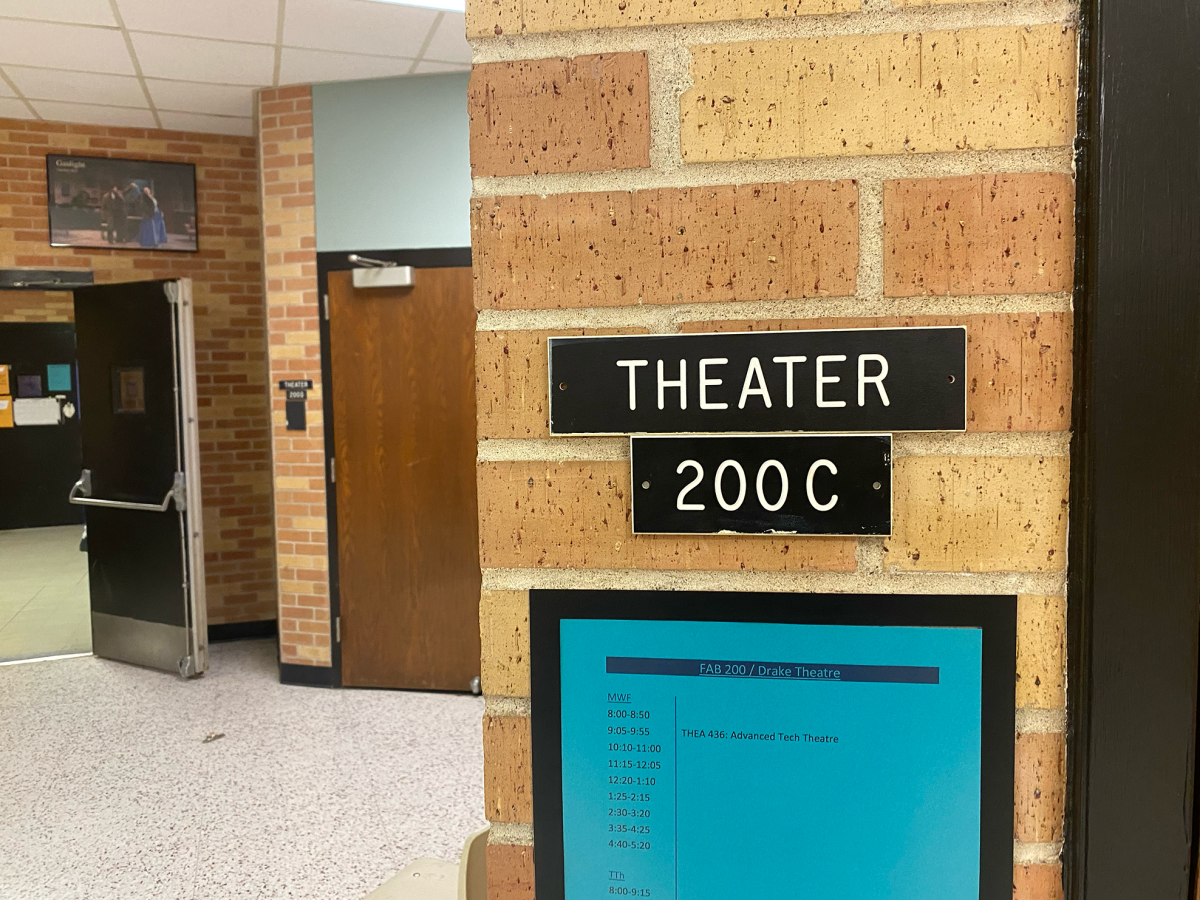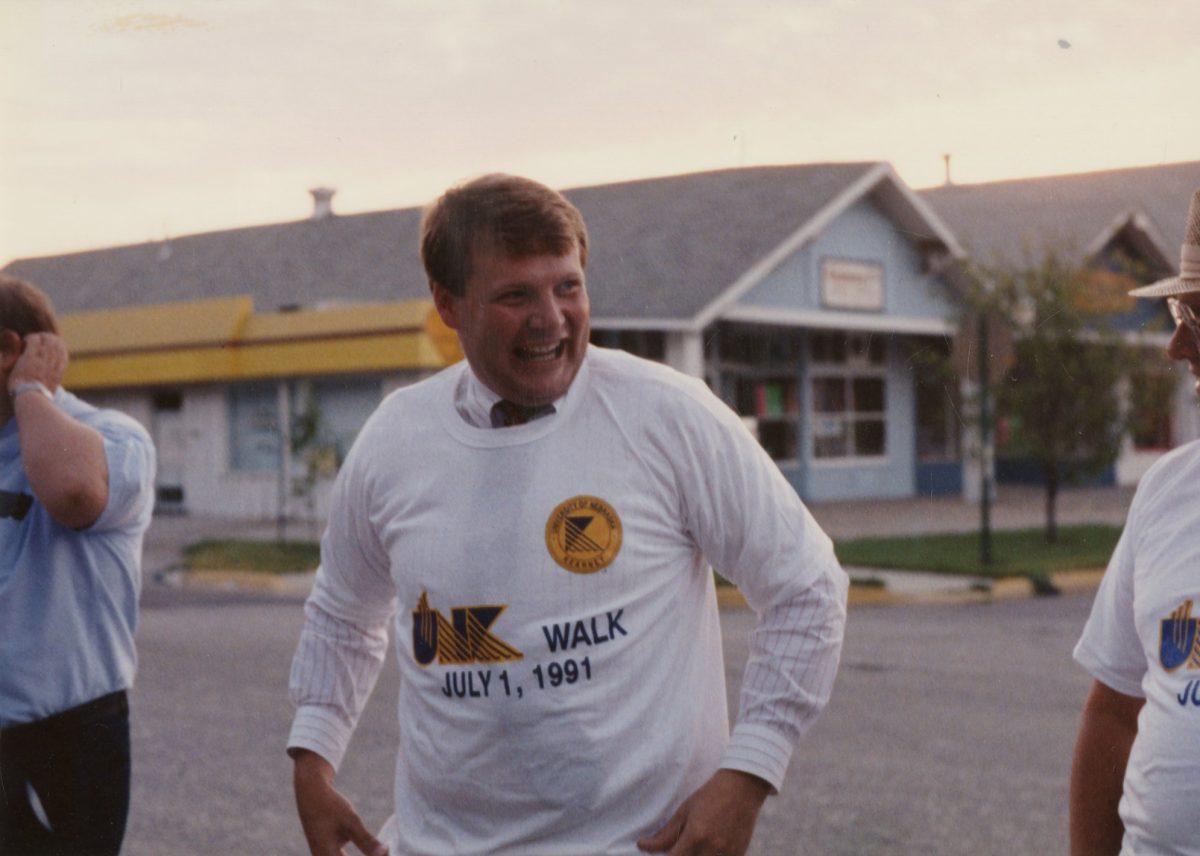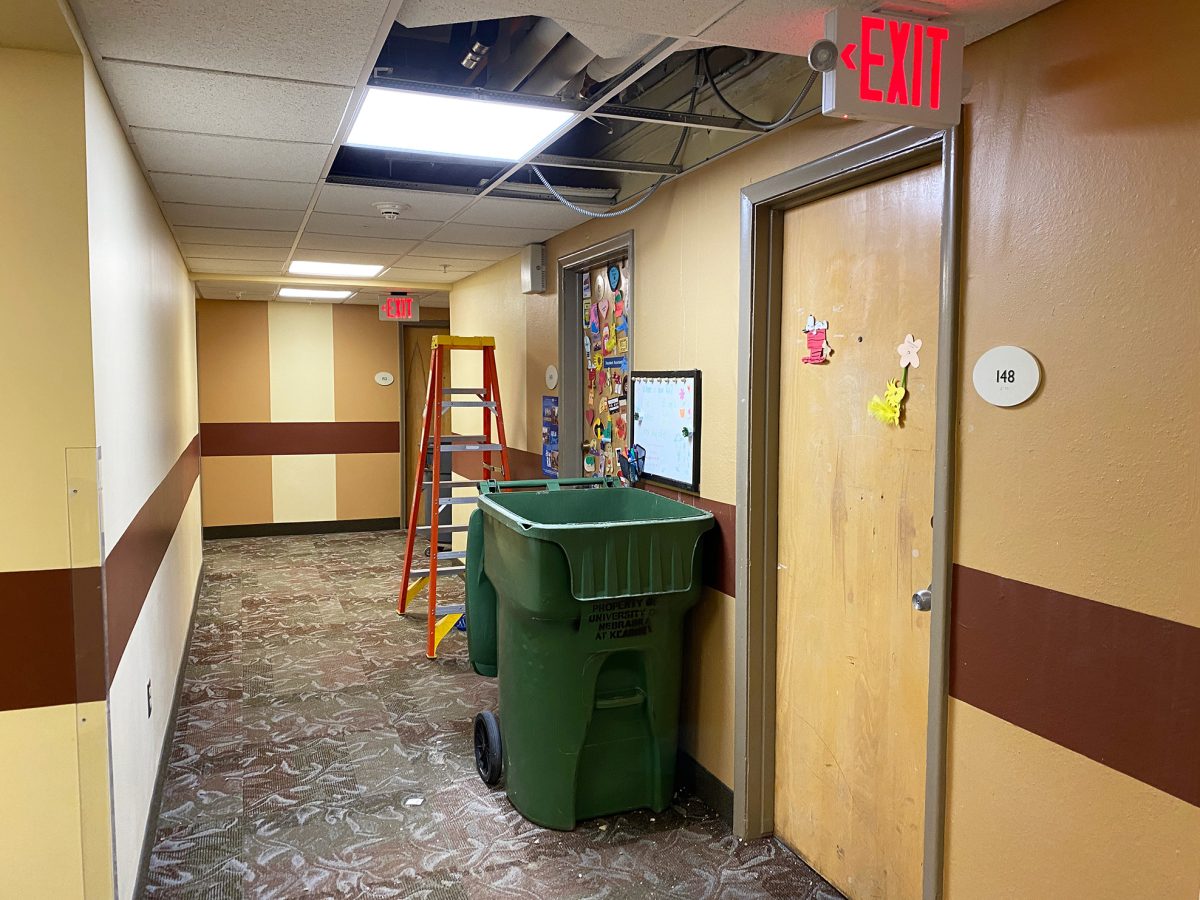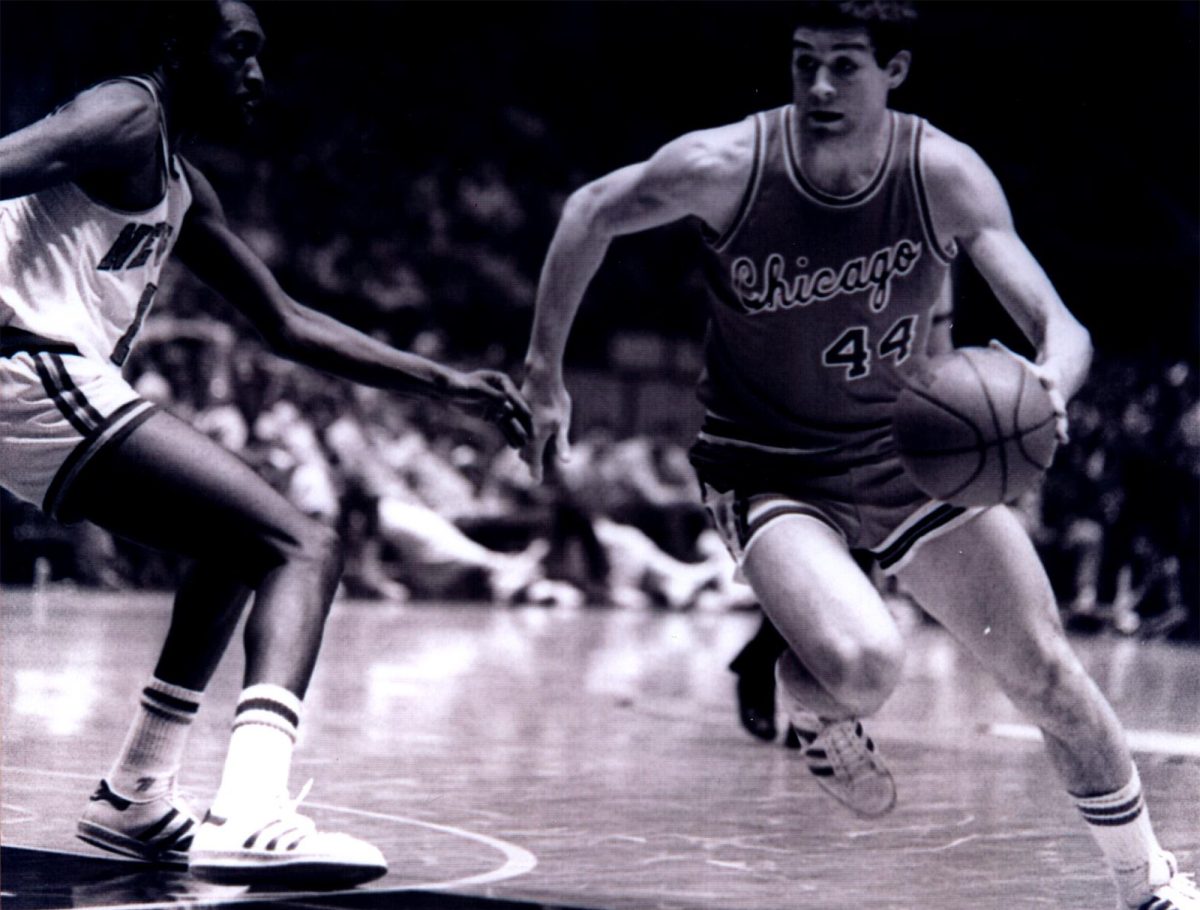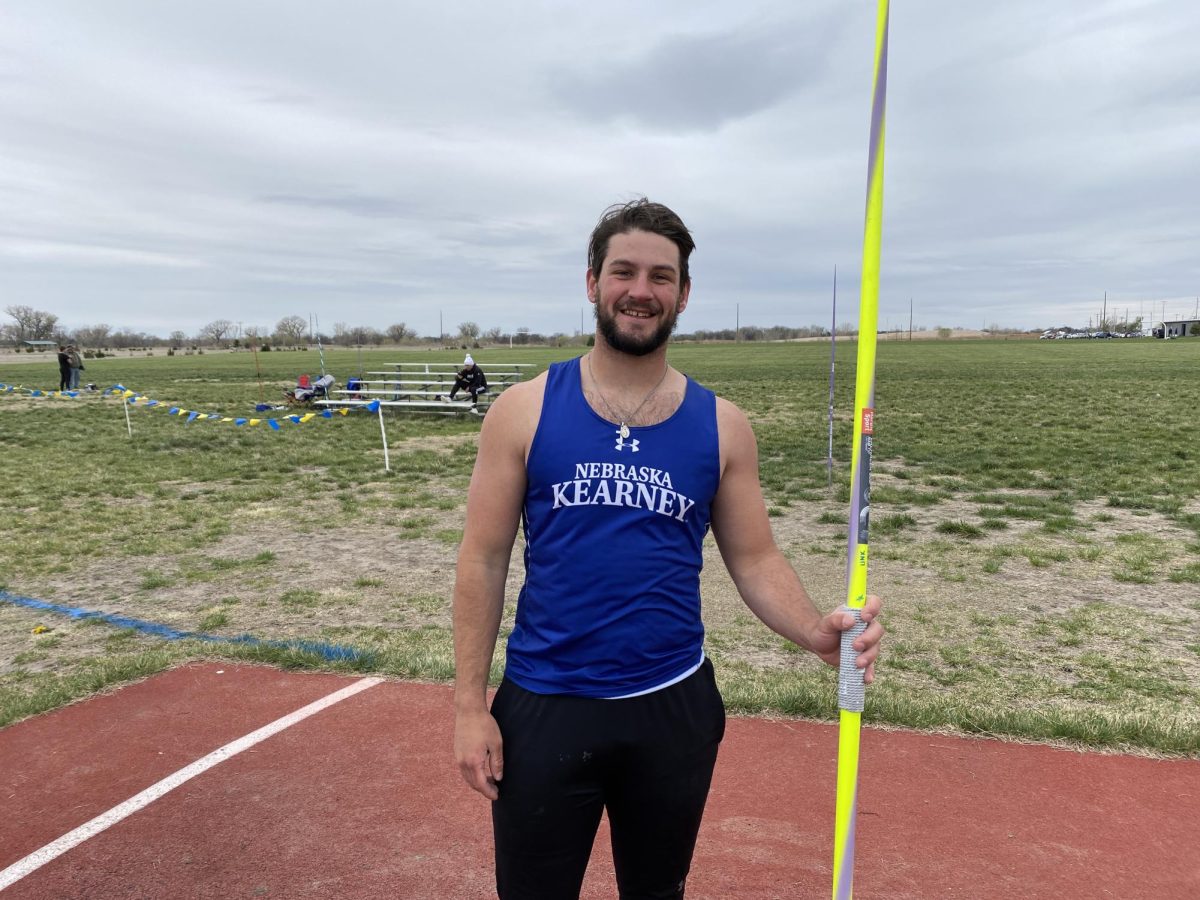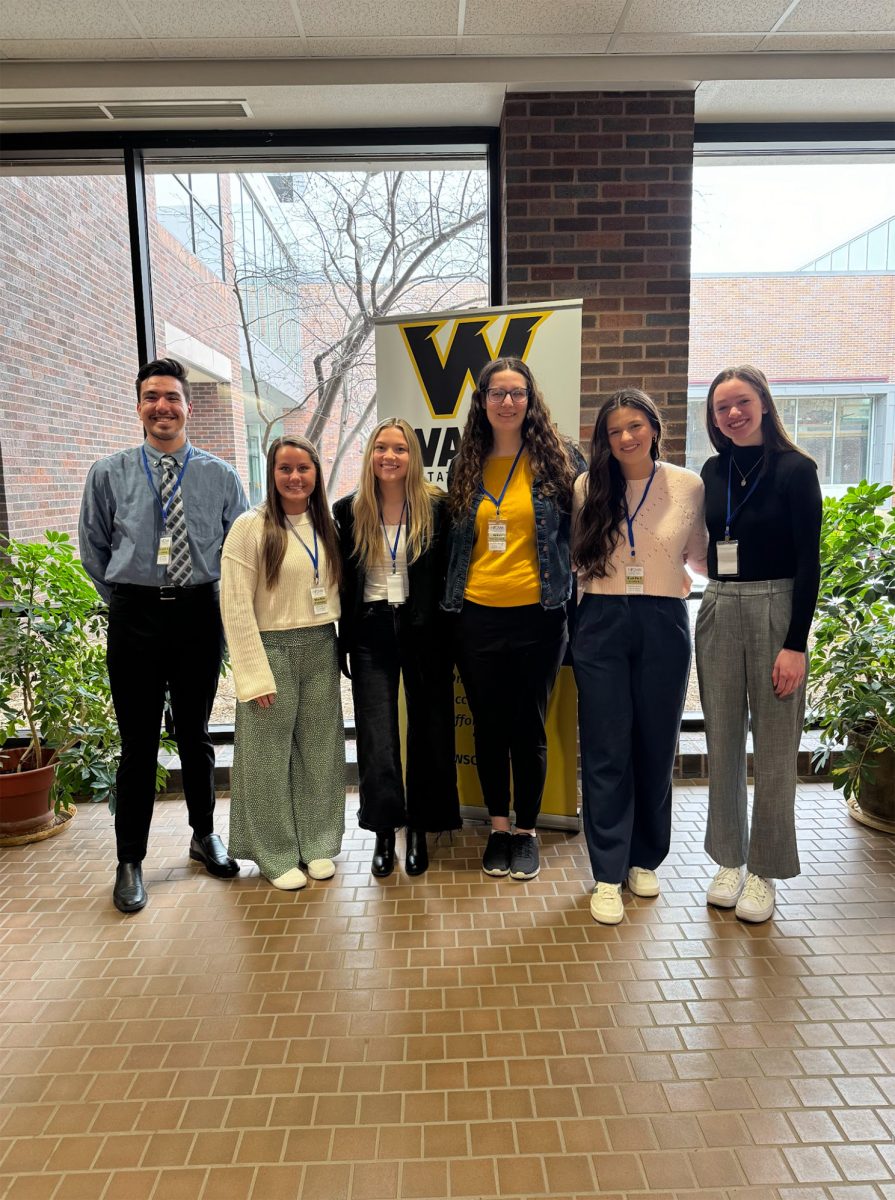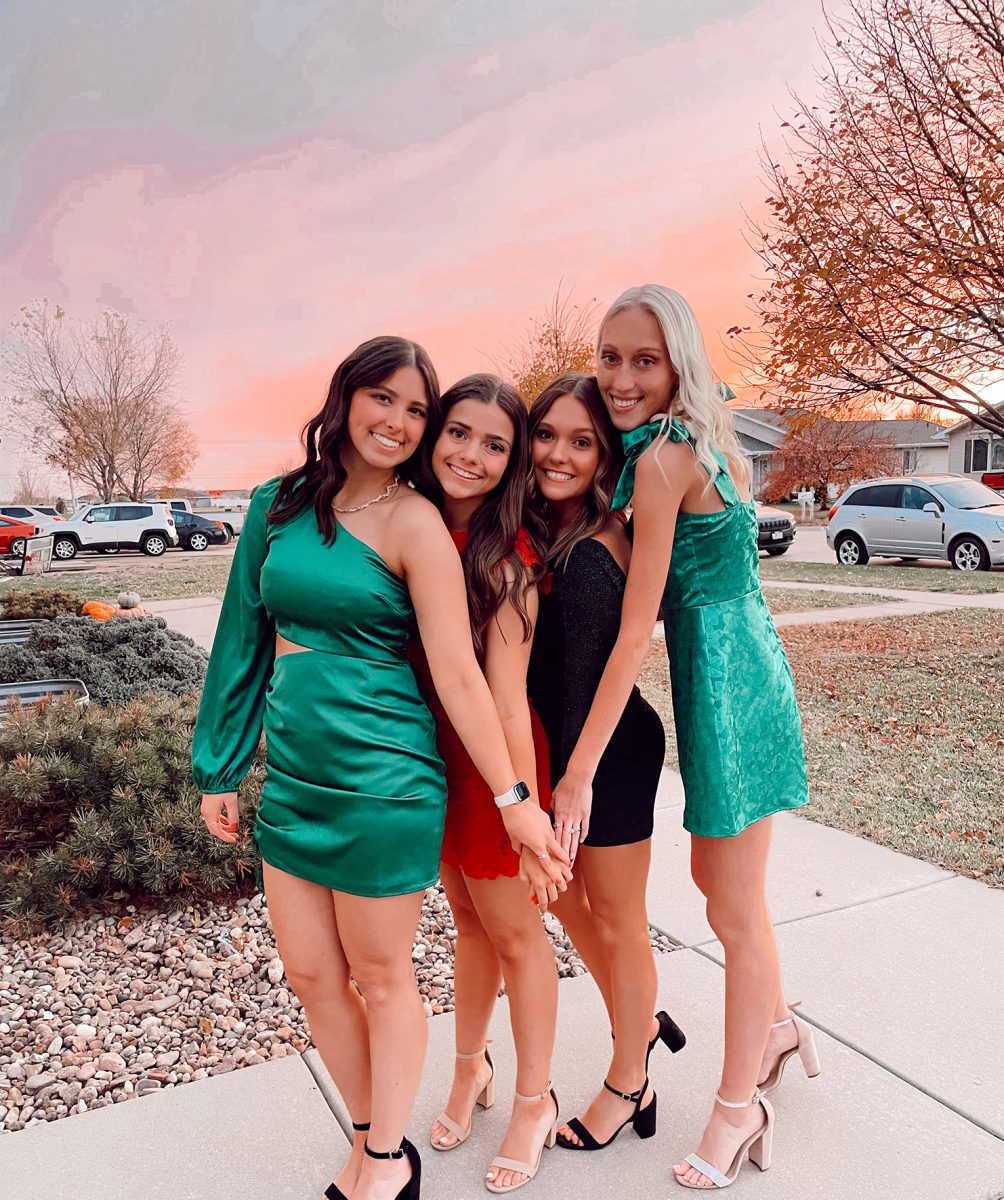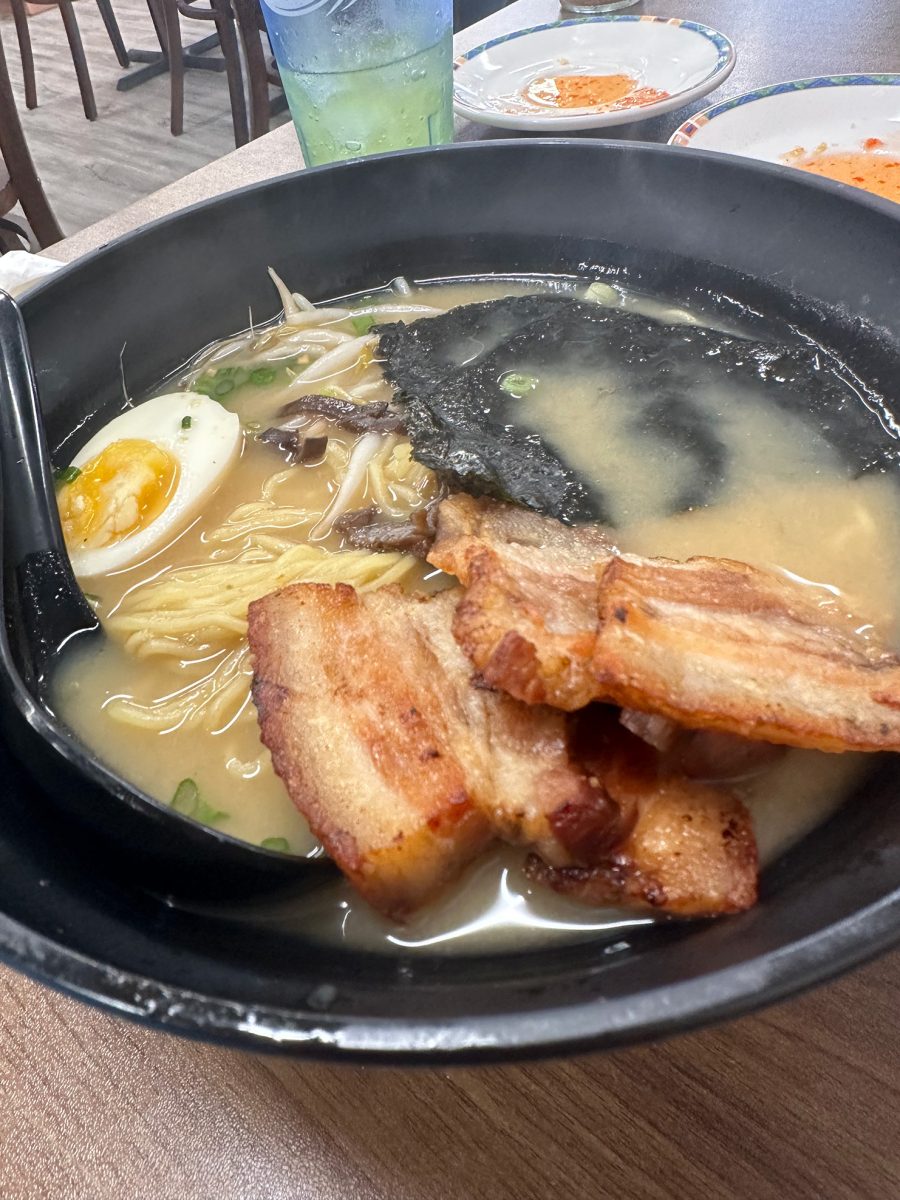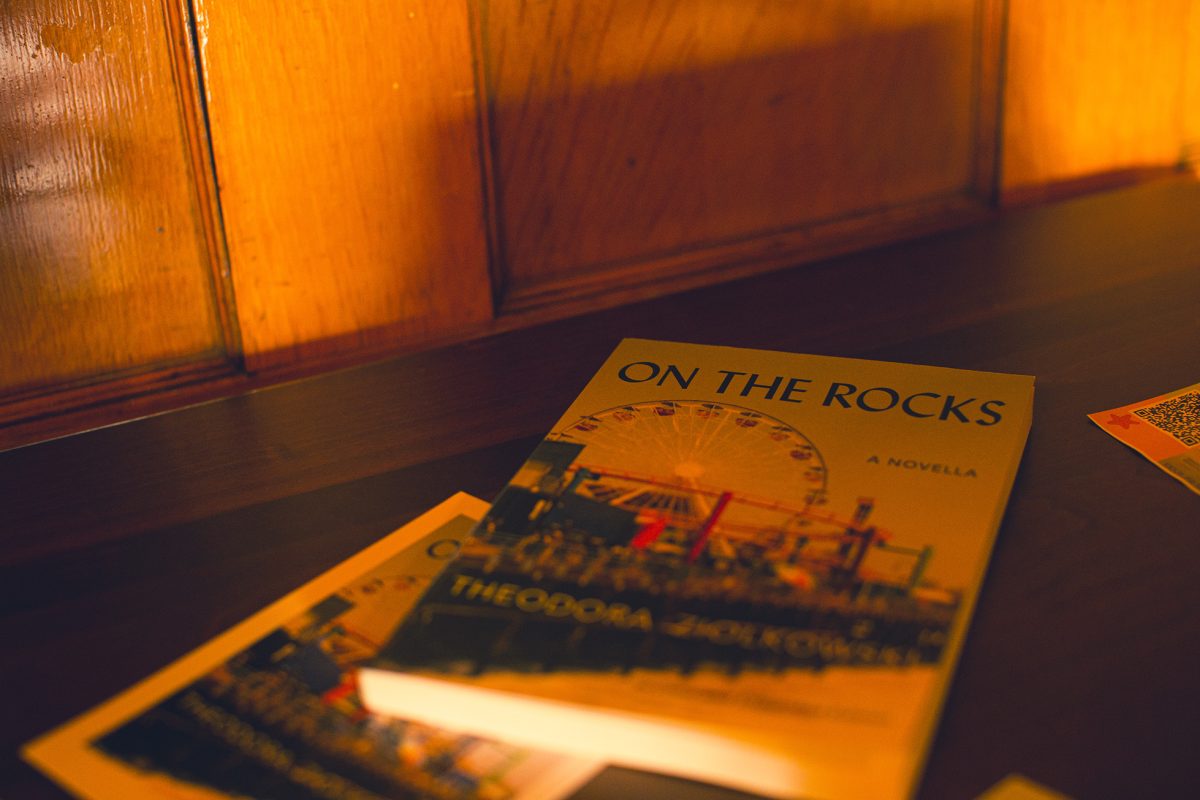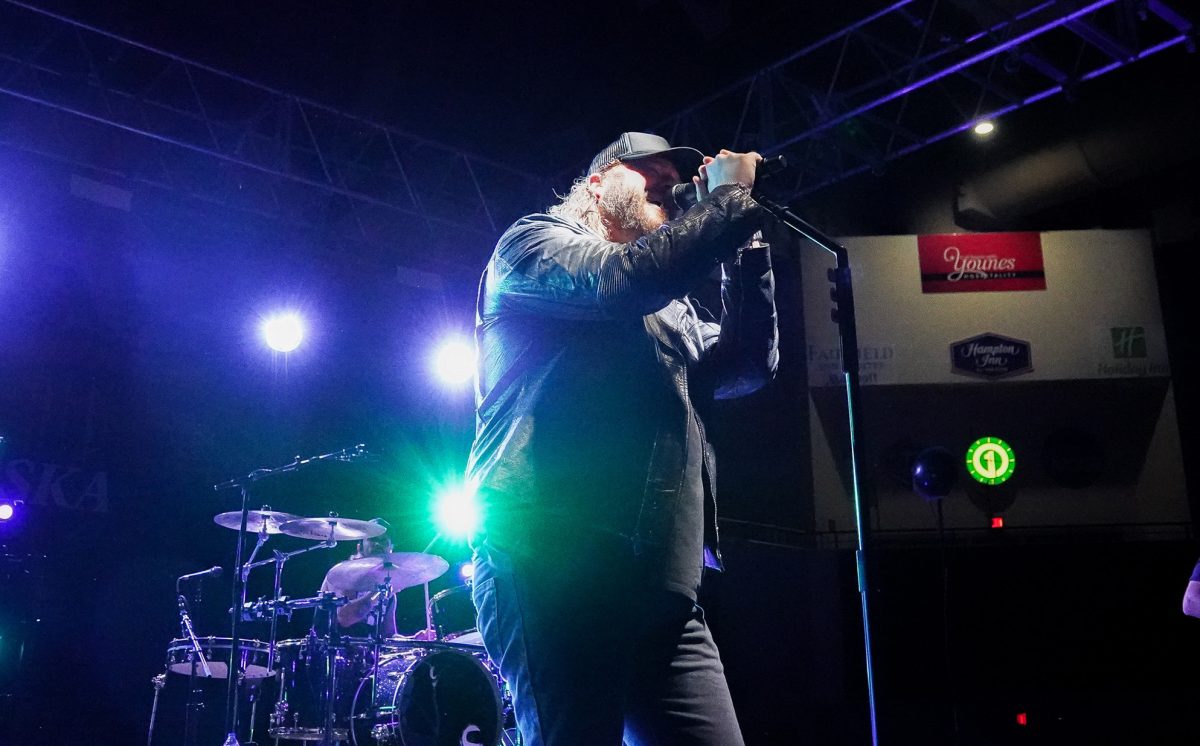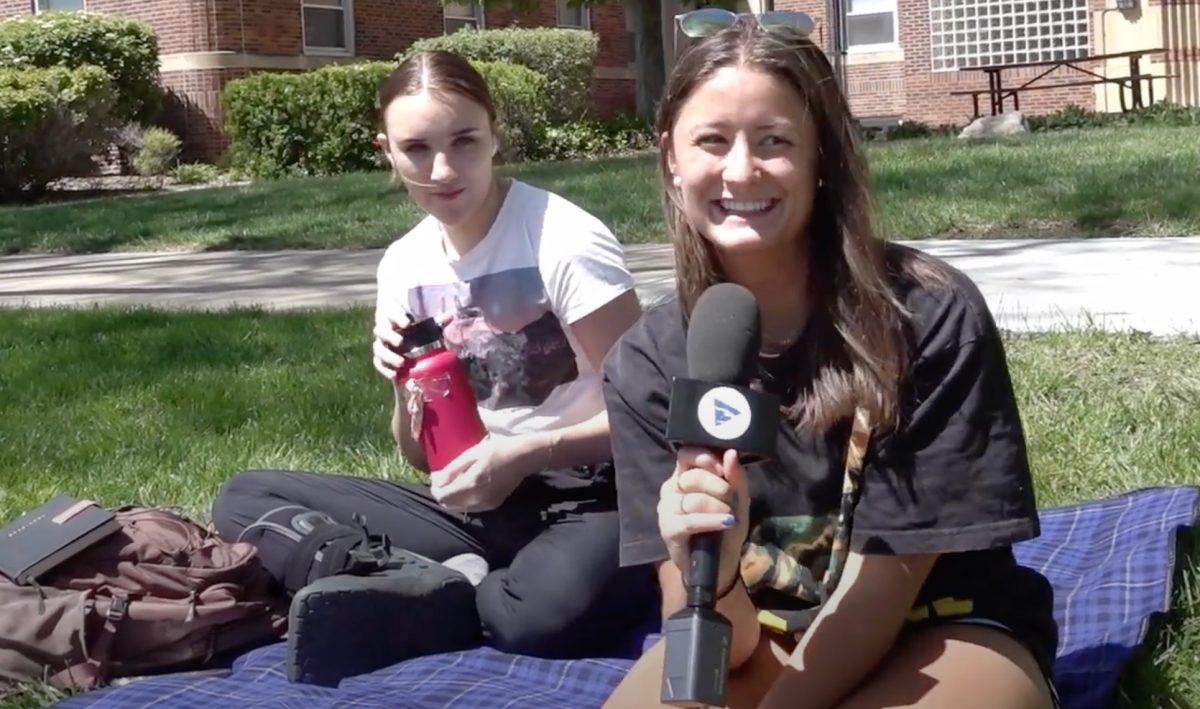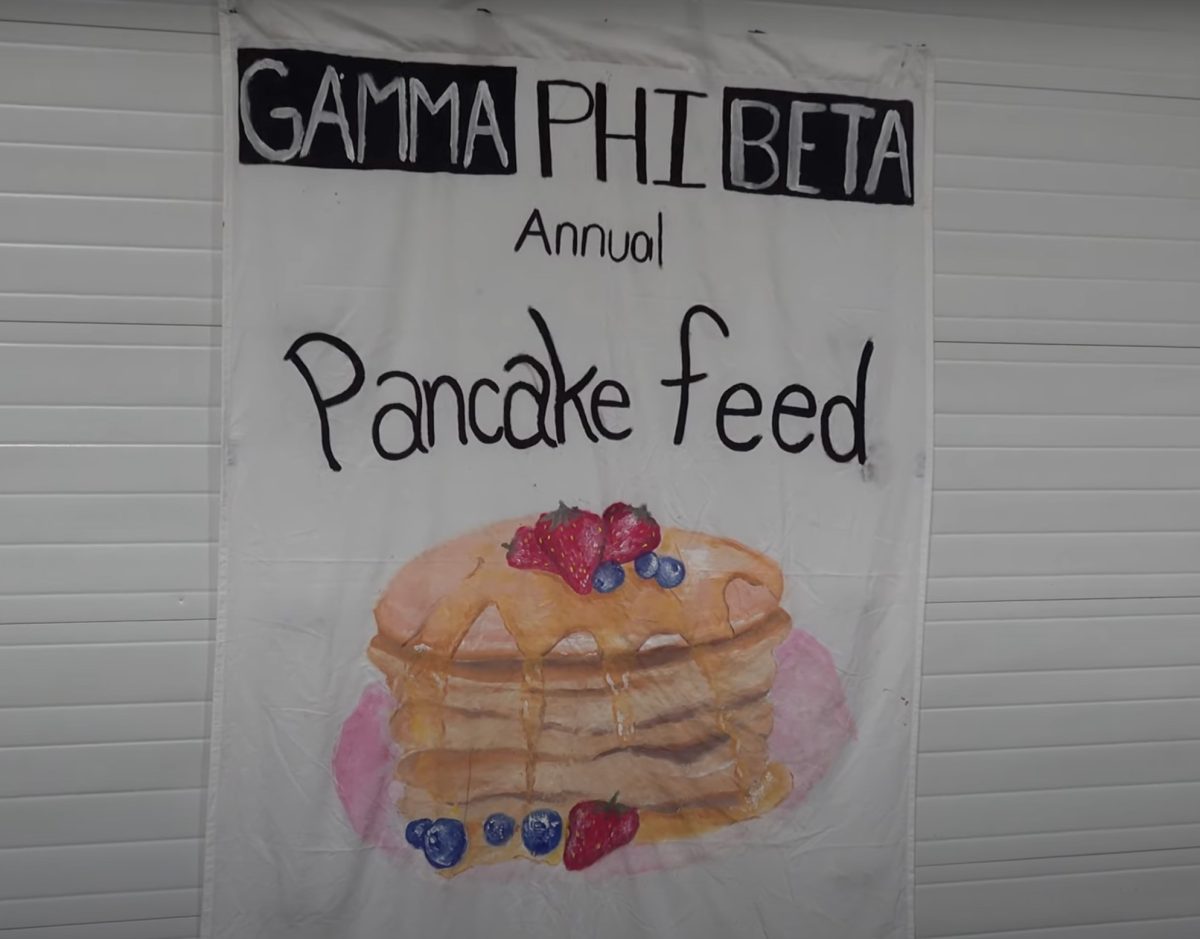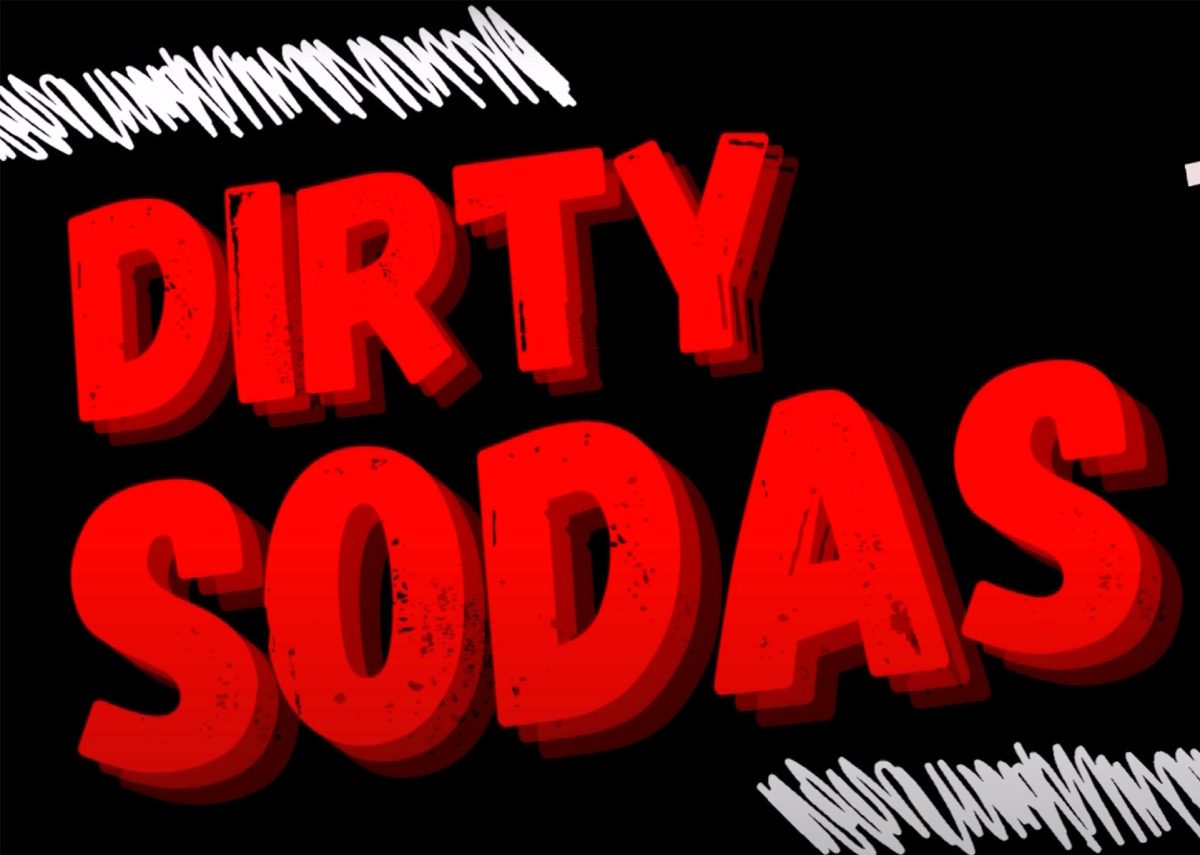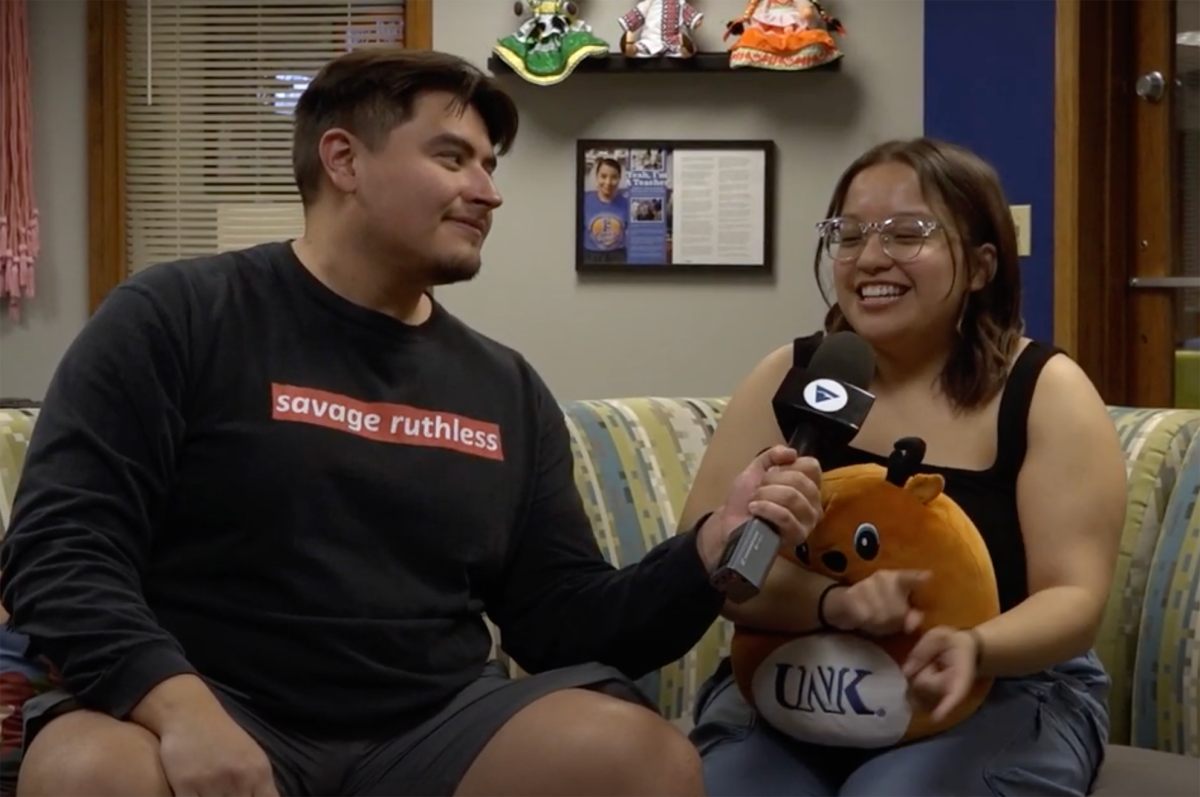delgadosandovals@lopers.unk.edu
“The Zone of Interest” is theoretically based on the late Martin Amis’s 2014 novel of the same name. Still, the film is very loosely adapted from the text. “The Zone of Interest,” written and directed by Jonathan Glazer, is a captivating historical drama that offers a unique perspective on one of the darkest periods in human history: the Holocaust.
Set in 1943, the film is very much its own brooding unconventional entity, sharing with Amis’s book a title and a location – Auschwitz, or more specifically just outside the walls of the camp, in the home of a high-ranking Nazi and his family. The walls are a crucial component of this film, which shows the daily details of the life of an upwardly mobile Nazi couple –Rudolf Höss, the commandant of Auschwitz, his wife Hedwig and their five children.
The Höss family is compelled to a German anti-urban movement that advocated for an agrarian ideal and respect for the natural world. We never see beyond the walls that separate Hedwig’s cherished garden from the industrial death factory on the other side. But through the immersive sound design, the ambient noise generated by the horrors within the camp is evoked with a suffocating intensity that matches the overbearing smoke billowing continuously from the Auschwitz furnace chimneys.
Everything in the Höss’s house, including their clothing, looks new and fresh. “The Zone of Interest” does not have that muted, vaguely lived-in look that so many period dramas do.
In this movie, the audience is living in the present and not the past. One scene that is particularly shocking and representative of such a present reality is when Höss stands in his garden as a building in the near distance—clearly a crematorium—shoots soft flames into the sky.
Sound carries constantly from the camp to the Höss garden: children and infants crying, pleading cries of women and gunshots. These are just sounds in the distance, and although they are startlingly immediate to us, the family does not hear them.
Sometimes the audience will get a glimpse of an inhumane image. These miniature flashes of horror show that the evil perpetrated outside is following the family inside, though they are oblivious to its vibrations.
“The Zone of Interest” is also a horror film, but a very different kind. It is a movie about the most haunting atrocities of the Holocaust. It is also a movie about marital companionship, wanting the best for your children, following the rules, working hard and feeling that you truly deserve the best in life. It is about all the things that most people in the world want, entwined with the unspeakable.
The camera watches, mouselike and still, as this little family goes about their daily business. The family’s dialogue is muted, almost as if we should not be hearing it. Most of it is so mundane we might wonder why we are eavesdropping, but every so often we pick up a detail that meshes with historical details we know.
Glazer has no interest in showing us atrocities. “The Zone of Interest” is possibly one of the least overtly traumatic films about the Holocaust ever made, yet it is devastating in the quietest way.


